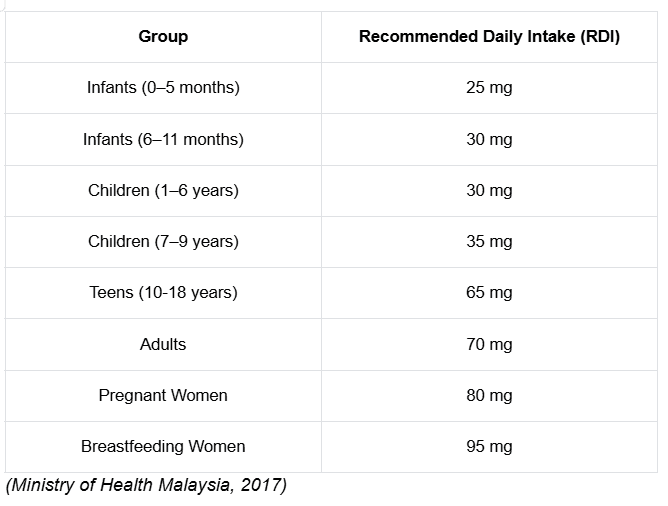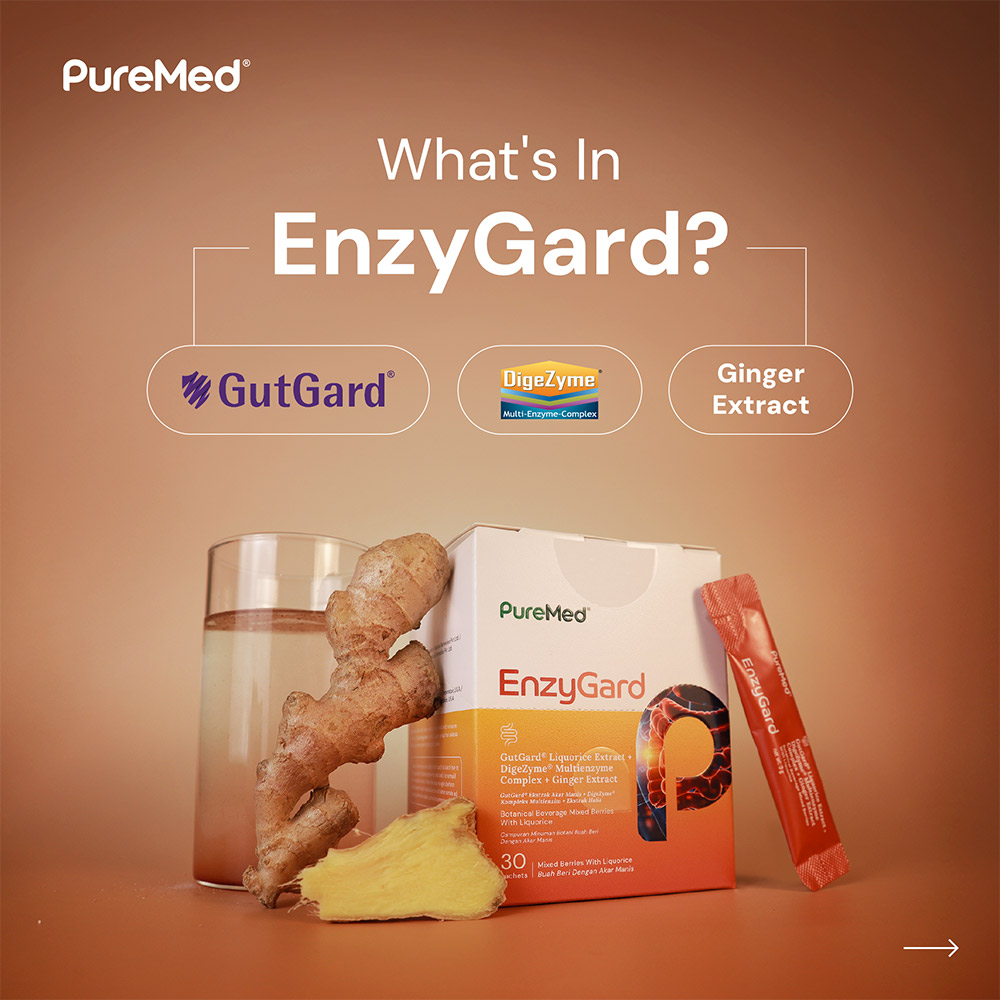No products in the cart.
Health Guides
Uncategorized
Vitamin C Dosage: How Much Is Enough?

These days, vitamin C supplements seem to always come in 1000mg doses—it’s almost like we’ve been trained to think the more, the better. Whether it’s an effervescent tablet fizzing in a glass or a chewable pill, most of us don’t even question it. And when we feel a cold coming on? We might pop one, two, or even three tablets in a day, hoping to boost our immune system and recover faster.
But do we really need that much vitamin C? Is more actually better, or are we just wasting it down the drain? Let’s break down how much vitamin C your body truly needs, how it absorbs it, and whether those high-dose supplements are doing as much as we think.
Recommended Daily Vitamin C Intake
First things first—your body doesn’t store vitamin C for long. Vitamin C is a water-soluble vitamin, meaning your body only absorbs what it needs and the rest is removed as urine on a daily basis. That’s why you need a steady intake every day, but not necessarily in huge amounts.
According to our Recommended Nutrient Intake Malaysia, this is the recommended daily vitamin C intake:

If you smoke, you need an extra 35 mg per day because smoking increases oxidative stress.
Now, compare that to a 1000mg tablet. That’s more than 10 times the daily requirement for most people! Do we actually need that much?
What Happens When You Take Too Much Vitamin C?
More isn’t always better. The same goes to Vitamin C. When you go way overboard (above 2000mg Vitamin C per day), you might run into side effects like:
🚨 Stomach issues – Due to excess vitamin C remains unabsorbed in the intestines, it can create an osmotic effect, leading to bloating, cramps, nausea, or diarrhea [1].
🚨 Kidney stones – High doses can increase oxalate in urine, which can lead to kidney stones [2].
🚨 Iron overload – Vitamin C enhances iron absorption, which is beneficial for most people but can be harmful for those with hemochromatosis (a condition where your body absorbs too much iron), as excess absorption may lead to organ damage over time [3].
Why Small, Frequent Doses Are Better
Our body absorbs vitamin C best in small amounts, just like how our body absorbs water better in small amounts rather than drinking 2 liters of water straight at one shot. Studies show that when you take under 200mg at a time, absorption is more efficient.
But when you take at super high amounts, absorption drops, and most of it gets excreted [4]. That’s why taking multiple smaller doses throughout the day is better than one huge dose. So instead of taking a single 1000mg tablet, it’s way more effective to take 90-100mg three times a day. Especially for people with a sensitive stomach, smaller doses are gentler on the stomach and less likely to cause bloating or gastric.
The Smarter Way to Get Your Vitamin C – Try Vital C Fruit Plus!
Instead of megadosing with synthetic vitamin C, why not get a balanced dose from natural sources?

Natural Fruit-Based Vitamin C Supplement
Our Vital C Fruit Plus supplement gives you 90mg of vitamin C per tablet, sourced from 30 high-vitamin C fruits. That’s exactly what your body needs for daily health, and if you’re feeling under the weather, you can take more throughout the day without overloading your system.
✅ Better absorption – Thanks to bioflavonoids & phytonutrients
✅ Gentle on the stomach – No bloating or acidity
✅ No megadosing, no waste – Just what your body can actually use
🔹 Take 1 tablet daily for maintenance.
🔹 Feeling sick? Take 2–3 tablets spread throughout the day for extra support.
💊 Get your daily vitamin C the right way! Try Vital C Fruit Plus today and give your body what it really needs—nothing more, nothing less.
Click here to learn more: https://puremed.com.my/product/vital-c-fruit-plus/
Reference:
- Ministry of Health Malaysia. (2017). Recommended Nutrient Intakes for Malaysia. Ministry of Health Malaysia. https://www.moh.gov.my/moh/images/gallery/rni/10_chat.pdf
- Urivetzky, M., Kessaris D. & Smith, A.D. Ascorbic acid overdosing: a risk factor for calcium oxalate nephrolithiasis. J. Urol., 147: 1215-1218
- Haemochromatosis UK. (n.d.). RCN section: Dietary advice. Retrieved February 27, 2025, from https://www.haemochromatosis.org.uk/rcn-section-dietary-advice
- National Institutes of Health. (n.d.). Vitamin C – Health professional fact sheet. Office of Dietary Supplements. Retrieved February 27, 2025, from https://ods.od.nih.gov/factsheets/VitaminC-HealthProfessional/
Recommended Articles
Join Our Newsletter
Sign up now to receive the latest news and promotions.
Shop
Learn
Support
KKLIU: 2136/2022 © 2023 PureMed. All rights reserved.

